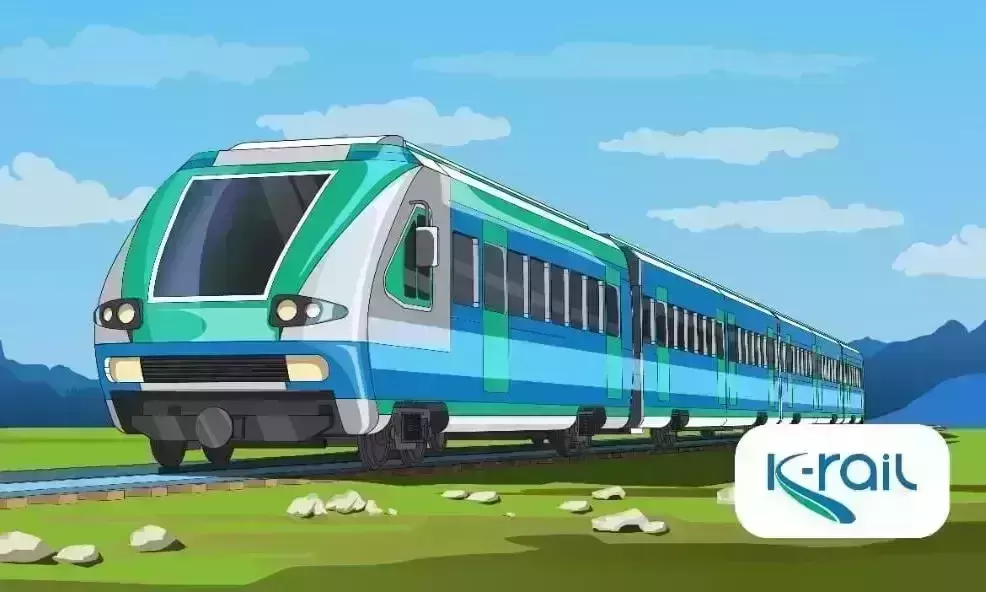
K-Rail: Speed is fine, but not over-speed
text_fieldsThe anti-environmental and anti-people nature of Kerala's SilverLine high-speed rail is actively under discussion. Beyond that, the various aspects of project implementation, including the recently released Detailed Project Report(DPR), reveal the undemocratic nature of the project. The fact that details of a project that touches deeply on the people, the state, the environment, the economy, had to go through different channels to reach the legislature's website, is an indication of something hidden. In any case, it should not be the policy of a democratic government to implement the plan even at the face of opposition. But that is what Chief Minister Pinarayi Vijayan and the party leadership are planning to do anyway. In the face of concerns raised by experts, scientists and popular leaders, including members of the ruling party, the government finally decided to convene meetings of 'prominent' citizens to explain the issue away. The Legislature and its sub-committees are democratic bodies that address, discuss and resolve all concerns. However, there is no democracy in talking to such prominent citizens alone about the implementation of the plan without even discussing it and getting the DPR out. The DPR was originally not released, citing confidentiality. It was argued that the Ministry of Defence and the Ministry of Civil Aviation had been assured that the details of the aerial survey would not be made public. Despite the Chief Minister's assurance to the Assembly that he would provide a copy of the DPR and the EIA, it was withheld. The DPR was published on the House website when the Speaker finally received a notice about house privilege violation.
At first glance, this DPR tells us that the 'secret document' argument raised by the government so far was false. The government and the project owners, K-Rail, have not been telling the truth for a long while. The Right to Information Commission was set up to help people find out if their land, environment and money are being misused. The Commission has a duty to make available to the public the information withheld by the Government in the name of confidentiality. However, in the case of the SilverLine project, the State Information Commission took the position that it unilaterally accepted the government's contention. If the commission's job is only to sign what the government says, then there is no need for such an entity. When the DPR finally reached the public domain through the Assembly website, it became clear that the position of the Right to Information Commission was hollow, along with the position of the Government. Those who are obliged to stand up for the people are denying information to the people and saying that all this is for the people. Democracy is being turned upside down by leaders who first declare that the plan will be implemented and then seek the opinion of the people.
Not only the government but also those who are concerned about the SilverLine project are convinced that public transport in the state needs to be developed and improved. But secretly hatched projects under the guise of confidentiality will not solve the problem, but only create more problems. Therefore, as we have written before, detailed discussions and consultations must take place first. The DPR itself states that the project needs to be implemented by giving the people accurate information and securing their support. Environmental degradation, debt trap, and better alternatives should be considered. The rationale for choosing the standard gauge instead of the broad gauge for the SilverLine project should be really evaluated. We need to look at who will benefit from such an extensive vast transport system that cannot be integrated with the public rail system. The now released DPR itself shows that the doubts and concerns raised earlier are not unfounded. Therefore, the government should first avoid stubbornness. They must be open to discussion. There are those in the ranks of the ruling party themselves who are aware of the disadvantages of the scheme. They should lead the party leadership towards democracy and a system of governance that listens to the people. At any rate, the DPR is one that points to the need for a reconsideration in any case.




















